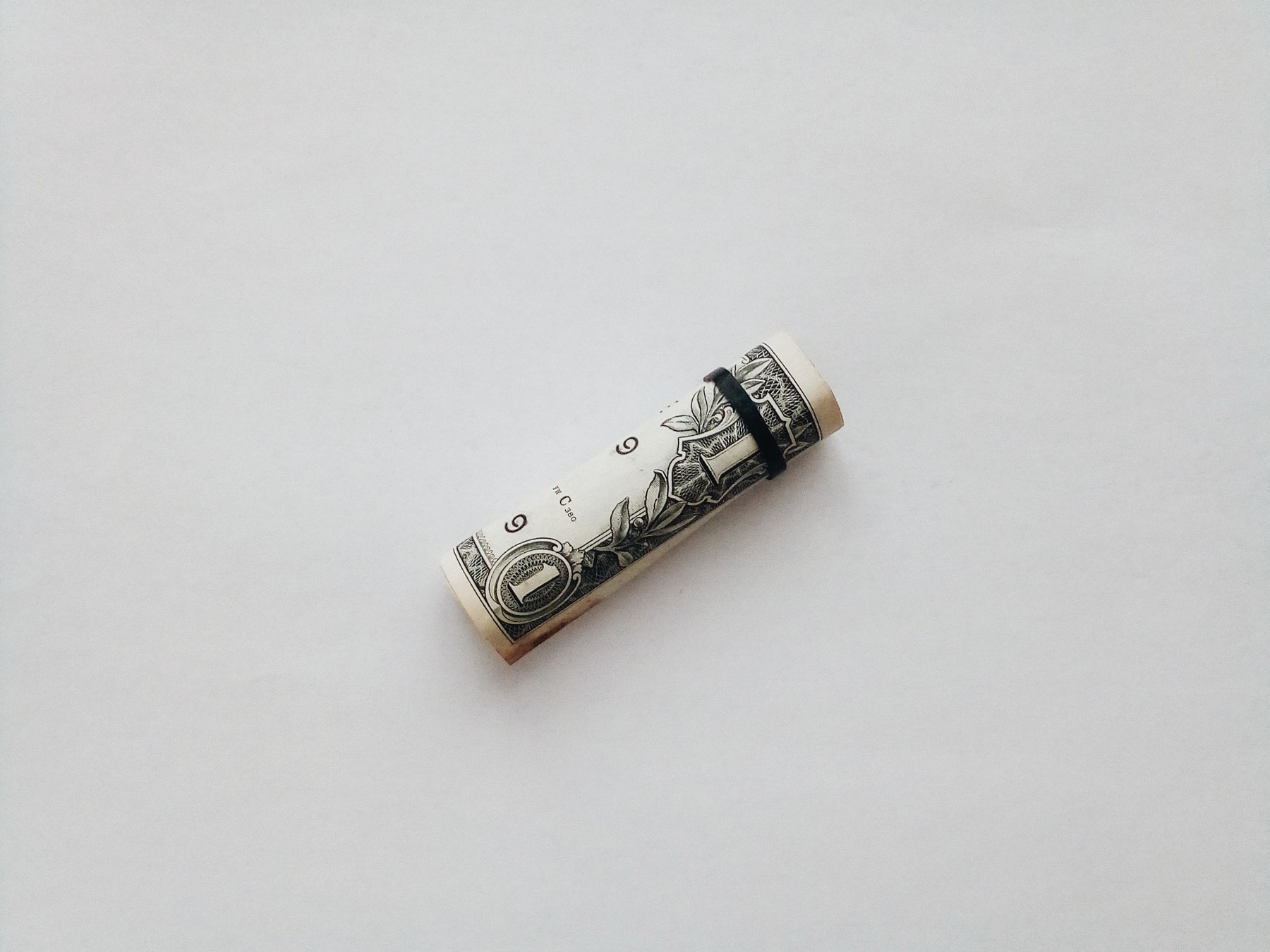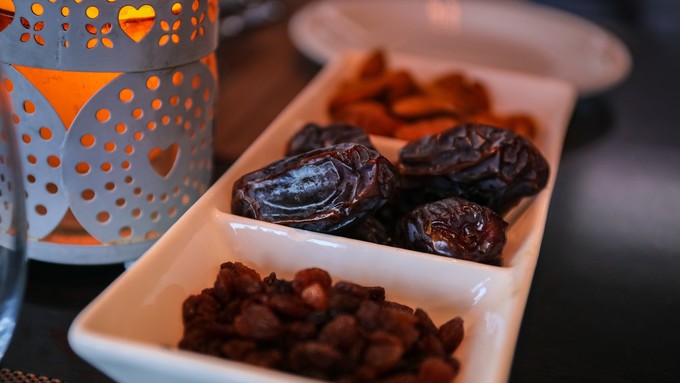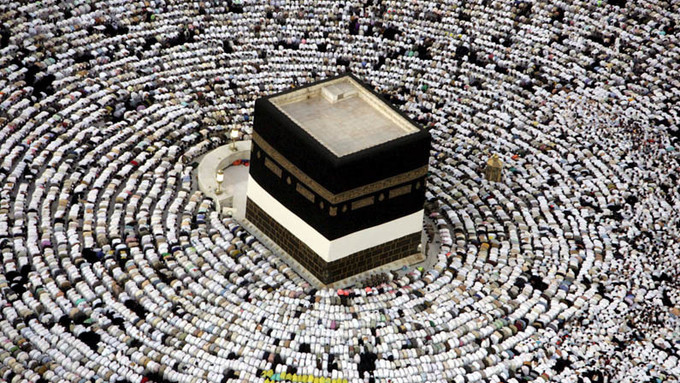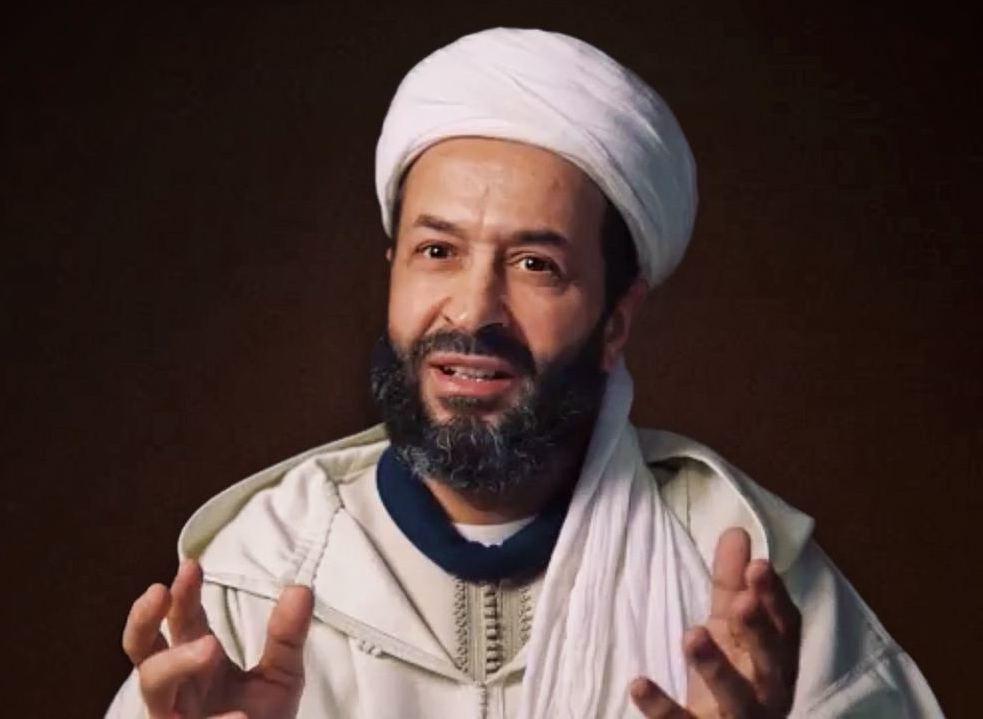Spend From What is Pure

[The following is a transcript of a lecture by Shaykh Mokhtar Maghraoui. It contains minor modifications from the spoken word for the purposes of readability. ]
Every ayah (miraculous verse) in the Qur'an truly is a miracle and a pearl. The cleaner our quloob (hearts) become, the more we shall see of the beauty of those pearls. One pearl is found in Surat al-Baqarah [2:267], where Allah subhanahu wa ta'ala says:
يَا أَيُّهَا الَّذِينَ آمَنُوا أَنفِقُوا مِن طَيِّبَاتِ مَا كَسَبْتُمْ وَمِمَّا أَخْرَجْنَا لَكُم مِّنَ الْأَرْضِ وَلَا تَيَمَّمُوا الْخَبِيثَ مِنْهُ تُنفِقُونَ وَلَسْتُم بِآخِذِيهِ إِلَّا أَن تُغْمِضُوا فِيهِ وَاعْلَمُوا أَنَّ اللَّـهَ غَنِيٌّ حَمِيدٌ
“O you who have attained faith, spend of that which is pure of what you own.”
It is not only “spend from that which you earn,” but “spend from that which is pure of what you earn.” In a preceding ayah, Allah says:
“يَا أَيُّهَا الَّذِينَ آمَنُوا أَنفِقُوا مِمَّا رَزَقْنَاكُم ”
“O you who have attained faith, spend from that which We have bestowed upon you” [2:254].
Here Allah does not say “min at-tayyibat” “from that which is pure,” because whatever comes from Allah is always pure, always beautiful. But what we earn as a result from our work and our effort, some of that could be vile, evil, impure, and haram (forbidden). Many of us or some of us, and refuge is with Allah, earn our livelihood in ways that are not pure and not moral. So Allah says when you spend, spend of the pure of what you own, first.
Second, the pure of what you own also means the best of what you earn. It is not that which you earn that is halal (permissible) but you don't want it and want to discard it, and since you want to discard it you think, “Well, let me give it someone.” SubhanAllah. This is not what it means, so Allah says [in the same ayah] not to go and orient and direct yourself to select the one which is khabeeth (impure) yet you give of it. It is the thing which you yourself dislike and wouldn't take if it were given to you, and you would not go to it except by closing your eyes. You would only accept it with closed eyes. It's a way to say that you yourself don't like it – yet you give this to God, to Allah?
It's a metaphor. When we give to the needy and the poor, and when we give in the ways that we call “fi sabeelillah,” [in the path of God], we are 'giving' to whom? We are 'giving' to God – not that God needs that in any sense. But Allah subhanahu wa ta'ala associates giving to Him so that when we give our sadaqa, it must be of the best.
It must be of the best, when we give. Not the things we don't want. When it comes to food, the things that we don't want, we give. When it comes to vegetables, fruits, clothing, and furniture – we say “I don't want this in the house; let's give it to someone who needs it.” That should not be the attitude. We should pick that which we like and want to keep. The righteous ones (salihoon) used to look at what they had, and the thing they loved most and wanted to keep forever, they would give it fi sabeelillah [in the path of God] so that it is kept for them with Allah subhanahu wa ta'ala in reward forever. The thing they love most is the thing they give.
Allah says you shall not attain the state of birr (to become a truly good person), until you give of that which you love [Qur'an 3:92]. I cannot reach the state of birr until I do that. Ya Allah, please purify us from the miserliness and greed of our own selves so that we truly see You with our hearts and give on Your behalf, in Your behalf, that which is most beloved to us. Ameen.
Faith & Spirituality Related Articles

5 Practical Steps To Get You Ready for Ramadan
As Ramadan is less than a month away, we might feel we often haven't done enough to prepare for it. Here are 5 things we can do right now during Shaban to make sure that we get the most out of Ramadan. The Prophet (Peace & Blessings upon Him & His Family) supplicated,” O Allah give us the blessings of Shaban and give us the treasure of Ramadan.”

Hajj at Home: Kindling the Spirit of Arafah
Even if we are not on Hajj this year, our situation is no different. We navigate through the complexities of our daily life, immersed in the never-ending responsibilities of work and family, inundated with the intrusions of technology and social media into every minute of our lives, moving from place to place and idea to idea.

